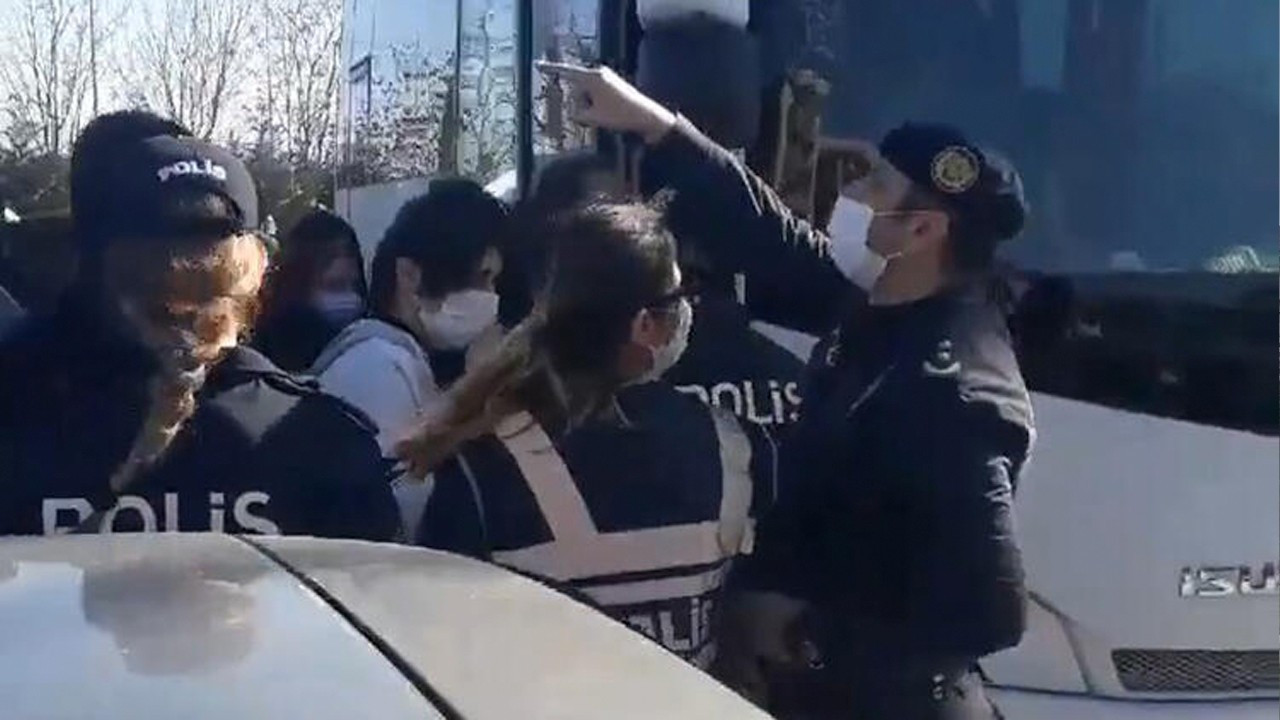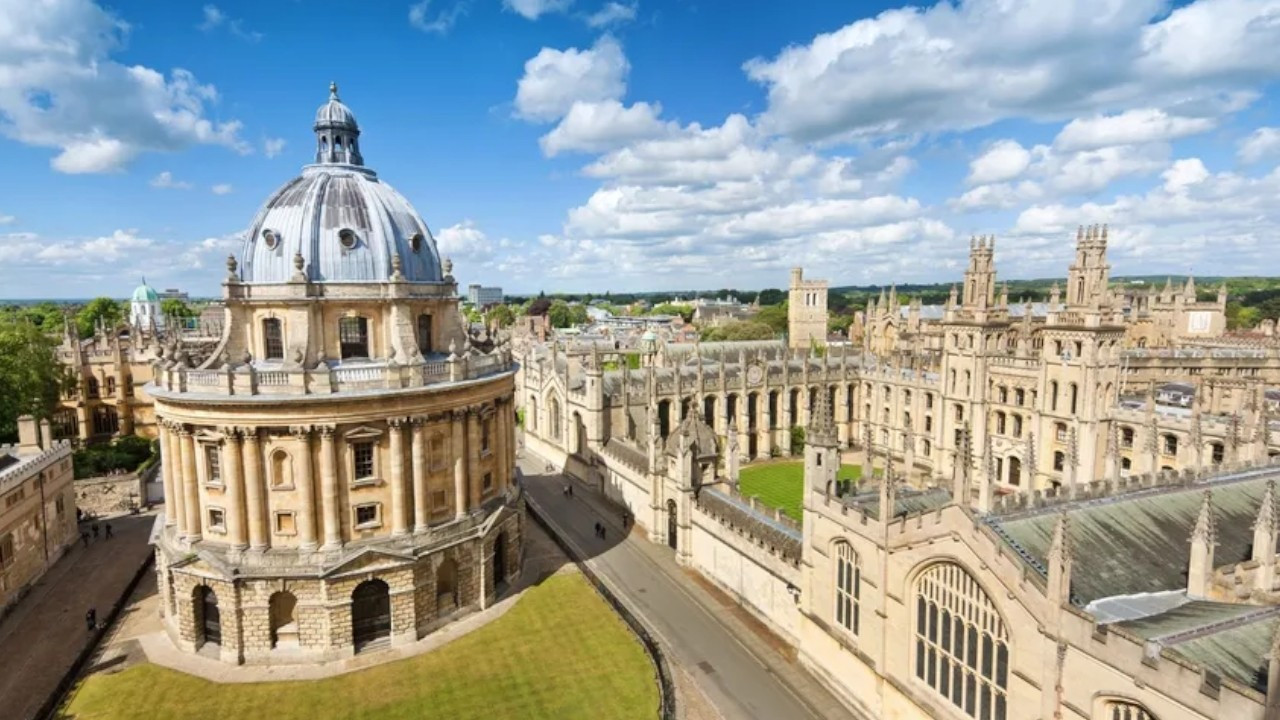Erdoğan encouraged tough police response throughout Boğaziçi University protests: HRW
Human Rights Watch (HRW) has criticized the Turkish authorities for responding to the Boğaziçi protests with excessive use of force and arbitrary detention, saying that Erdoğan and senior government officials have played a role in terms of "directly encouraging" the police to impose violence.
Duvar English
Human Rights Watch (HRW) has slammed the Turkish authorities for cracking down on protests against President Recep Tayyip Erdogan’s appointment of a loyalist as rector of Istanbul’s Boğaziçi University.
Erdoğan and senior government officials have "directly encouraged a tough police response throughout" the protests, said the HRW in a statement on Feb. 18.
Erdoğan initially referred to the student protesters as “lazy and narrow-minded” but, together with other government officials, later began to suggest they had terrorism links, an allegation widely used by the Turkish authorities to criminalize democratic opposition and government critics, the HRW said.
The protests by Boğaziçi students and faculty members started after Erdoğan appointed Melih Bulu as the Boğaziçi University rector on Jan. 1, 2021.
The authorities have responded to demonstrations with excessive police force, arrests, and targeted house raids. They detained more than 560 protesters in all, 11 of whom were later arrested by a court order.
“Erdoğan’s appointment of an unelected rector to Boğaziçi University and the violent arrests of students who had peacefully protested the move encapsulates the government’s disregard for basic human rights,” said Hugh Williamson, Europe and Central Asia director at Human Rights Watch.
“Imposing an unelected presidential-appointee rector on a university with no consultation demonstrates a lack of respect for academic freedom and the autonomy of universities in Turkey.”
Turkish government officials have used anti-LGBT rhetoric to appeal to conservative outrage and to delegitimize the protests, Human Rights Watch said.
“The authorities should protect and affirm LGBT students’ rights to organize and express themselves, rather than attacking them,” Williamson said.
“The Turkish authorities should respect the right to assembly, stop using abusive police power to silence dissent, and ensure the immediate release of students arbitrarily detained.”

 Police batter, detain more Boğaziçi University demonstrators on 40th day of protestsEducation
Police batter, detain more Boğaziçi University demonstrators on 40th day of protestsEducation Oxford students express concern about academic freedom in Turkey in message of solidarity for Boğaziçi communityEducation
Oxford students express concern about academic freedom in Turkey in message of solidarity for Boğaziçi communityEducation